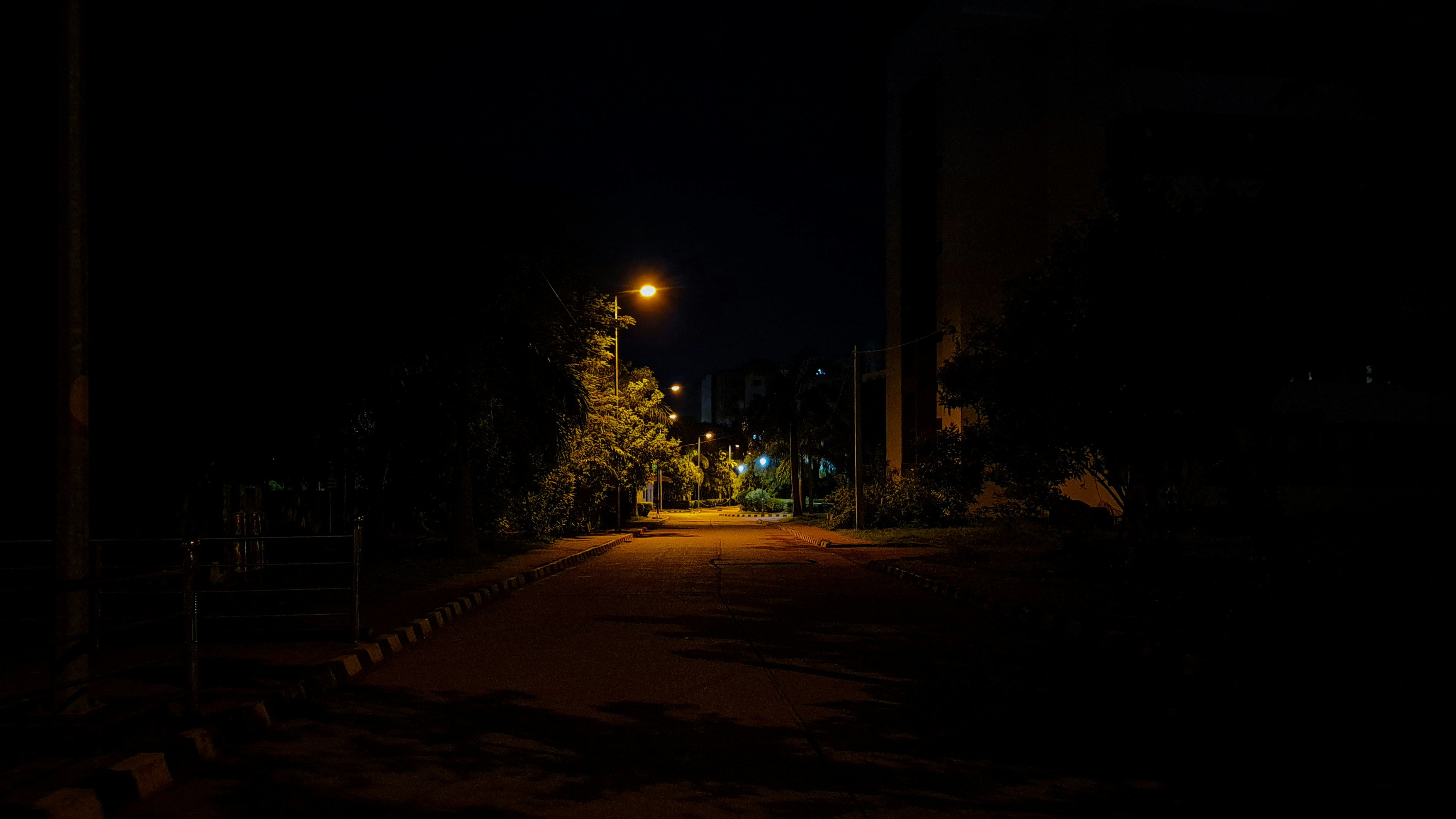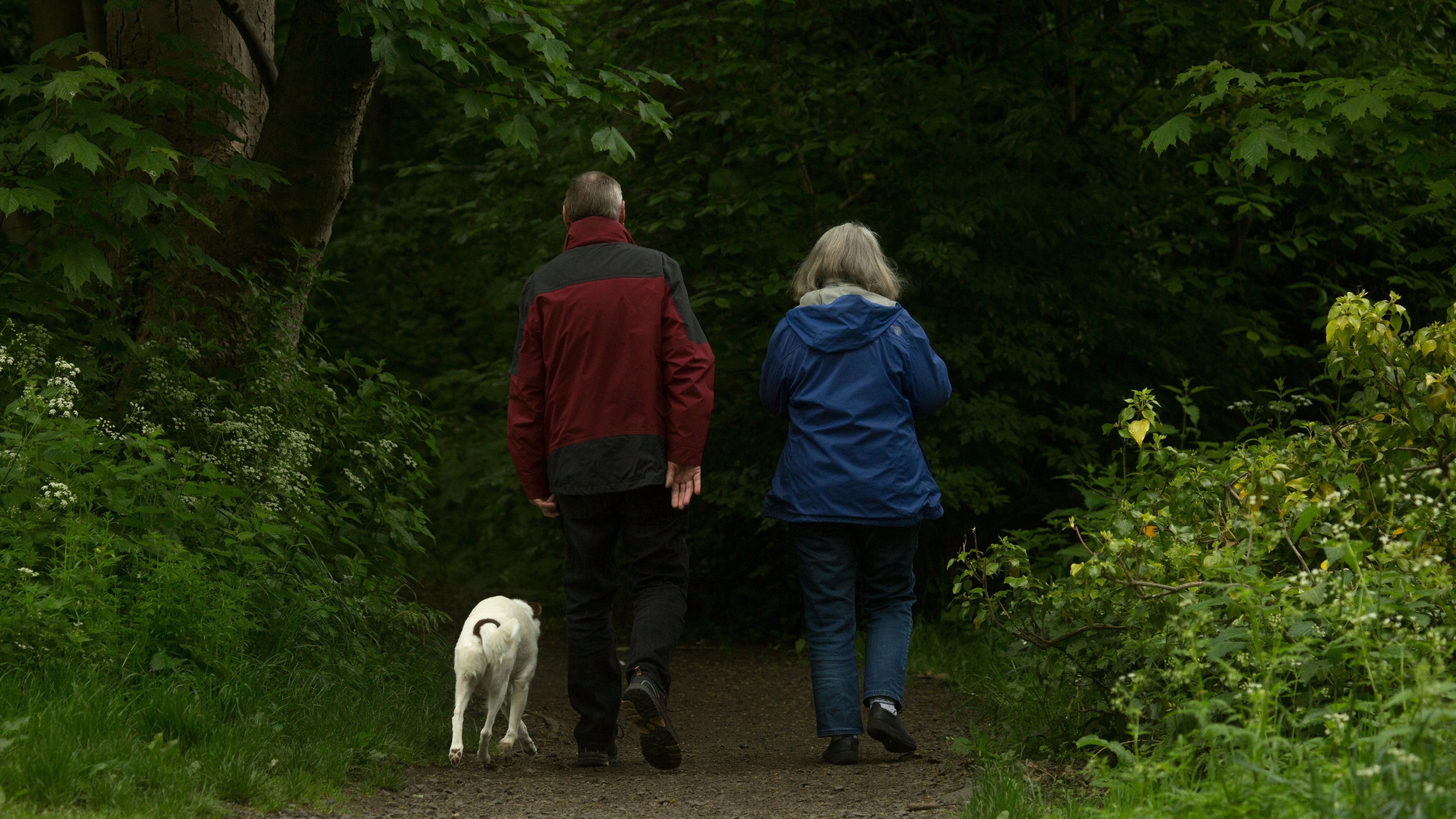
Caffeine, a naturally occurring stimulant, is found in plants like coffee beans, tea leaves, and cacao pods. It’s a go-to for boosting alertness and fighting fatigue, with about 90% of U.S. adults consuming it daily, often through coffee, tea, or energy drinks (Caffeine Consumption). However, its stimulating effects can interfere with sleep, a critical component of physical and mental health. This article explores how caffeine affects sleep, the role of consumption timing, and evidence-based strategies to balance caffeine use with restful sleep.
How Caffeine Affects Sleep
Caffeine promotes wakefulness by blocking adenosine receptors in the brain. Adenosine, a neurotransmitter, builds up during waking hours, signaling the body to rest. By inhibiting adenosine, caffeine keeps you alert but can disrupt the ability to fall asleep and stay asleep (Caffeine Mechanism).
Scientific research highlights several ways caffeine impacts sleep:
- Reduced Total Sleep Time: A comprehensive meta-analysis of 24 studies found that caffeine reduces total sleep time by approximately 45.3 minutes (Meta-Analysis on Caffeine).
- Increased Sleep Onset Latency: It takes longer to fall asleep, with caffeine increasing sleep latency by about 9.1 minutes.
- Decreased Sleep Efficiency: Sleep efficiency drops by 7%, meaning less of your time in bed is spent actually sleeping.
- Altered Sleep Architecture: Caffeine increases light sleep (stage N1) by 6.1 minutes and reduces deep sleep (stages N3 and N4) by 11.4 minutes, affecting restorative rest.
These effects can lead to lighter, less refreshing sleep, impacting daytime energy and cognitive function.
https://www.sleepnow.help/infographics/the-ways-caffeine-impacts-sleep
Timing of Caffeine Intake
The timing of caffeine consumption significantly influences its impact on sleep. Consuming caffeine too close to bedtime amplifies its disruptive effects, but even earlier intake can affect sensitive individuals or those consuming higher doses.
Key Findings on Timing
- Caffeine 6 Hours Before Bed: A study administering 400 mg of caffeine (about four cups of coffee) at 0, 3, or 6 hours before bedtime found significant sleep disruption in all conditions. At 6 hours, total sleep time was reduced by 41 minutes, with increased wakefulness and reduced sleep efficiency (Caffeine Timing Study).
- Dose-Dependent Cut-Off Times: Another study suggested that to avoid sleep disruption, coffee (107 mg per 250 mL) should be consumed at least 8.8 hours before bedtime, while pre-workout supplements (217.5 mg) require a 13.2-hour gap (Meta-Analysis on Caffeine).
- Morning vs. Afternoon Intake: Research on habitual caffeine use during morning and afternoon hours found mixed results. One study on young adult men showed that 150 mg doses three times daily (morning to afternoon) did not significantly reduce deep sleep but altered other sleep parameters, suggesting tolerance may mitigate some effects (Daily Caffeine Intake).
Dose Matters
The amount of caffeine consumed influences how early you need to stop. For example:
- Low Dose (100 mg): Can be consumed up to 4 hours before bedtime without significant sleep disruption (Dose and Timing Study).
- High Dose (400 mg): Should be avoided within 12 hours of bedtime, as it reduces total sleep time by up to 50.6 minutes and significantly disrupts sleep architecture.
Individual factors, such as genetic variations in caffeine metabolism, also play a role, with some people experiencing stronger effects (Genetic Sensitivity).
Scientific Studies
Numerous studies provide robust evidence on caffeine’s effects on sleep:
- Meta-Analysis (2023): This review of 24 studies confirmed that caffeine reduces total sleep time by 45.3 minutes, sleep efficiency by 7%, and deep sleep duration by 11.4 minutes, while increasing sleep onset latency by 9.1 minutes and wake time after sleep onset by 11.8 minutes (Meta-Analysis on Caffeine).
- Timing Study (2013): A clinical trial showed that 400 mg of caffeine taken 0, 3, or 6 hours before bed significantly disrupted sleep, with effects persisting even at the 6-hour mark, supporting recommendations to avoid substantial caffeine within 6 hours of bedtime (Caffeine Timing Study).
- Dose and Timing Trial (2024): This crossover trial found that 100 mg of caffeine up to 4 hours before bed had minimal impact, but 400 mg within 12 hours caused significant sleep fragmentation and reduced deep sleep (Dose and Timing Study).
- Habitual Use Study (2021): Research on young men consuming 450 mg daily (150 mg three times) found no significant reduction in deep sleep but noted changes in sleep architecture, suggesting habitual use may lead to partial tolerance (Daily Caffeine Intake).
- Animal Study (2023): A UCLA study on mice showed chronic caffeine consumption delayed REM sleep onset by up to 2 hours and altered sleep patterns, indicating potential long-term effects (UCLA Mouse Study).
These studies underscore the importance of both timing and dosage in managing caffeine’s impact on sleep.
Factoid: Sources of Caffeine
Caffeine is found in a wide range of foods, beverages, and products. Below is a table summarizing common sources and their approximate caffeine content (Foods with Caffeine):
Source Caffeine Content Notes
Coffee ~100 mg per 8 oz (240 mL) Varies by brand, e.g., Starbucks Blonde Roast: 360 mg per 16 oz
Decaf Coffee 1–50 mg per 8 oz Retains small amounts of caffeine
Tea (Green/Black) 30–50 mg per 8 oz Varies by type and brewing method Chocolate 45–240 mg per 3.5 oz (100 g) Depends on cocoa percentage, e.g., 100% cocoa: 240 mg
Soft Drinks (Cola) ~30–40 mg per 12 oz Used in some brands, historically from kola nut
Energy Drinks 50–505 mg per serving E.g., Red Bull (8.4 oz): 80 mg Guarana High, varies Common in energy drinks and supplements
Yerba Mate 20–180 mg per 8 oz Depends on brewing method
Chewing Gum Up to 50 mg per serving E.g., 50 mg in 2 pieces of RunGum Coffee-Containing Foods E.g., tiramisu, coffee-flavored ice cream Medications Varies Found in some pain relievers and weight loss supplements
Being aware of these sources helps in managing total caffeine intake to protect sleep quality.
Actionable Advice for Better Sleep
To balance caffeine consumption with restful sleep, consider the following evidence-based strategies:
- Time Your Caffeine Intake:
- Avoid caffeine 6–8 hours before bedtime for moderate doses (e.g., 100–200 mg). For higher doses (e.g., 400 mg), stop 12 hours prior (Dose and Timing Study).
- If sensitive to caffeine, consider avoiding it after lunch, as effects can linger up to 24 hours (Sleep Health Foundation).
- Monitor Total Intake:
- Track all caffeine sources, including hidden ones like chocolate or medications, to stay within safe limits (up to 400 mg daily for most adults) (Caffeine Safety).
- Know Your Sensitivity:
- Individual responses vary due to genetics and tolerance. Adjust intake based on how caffeine affects your sleep (Genetic Sensitivity).
- Choose Alternatives:
- Opt for decaf coffee, herbal teas, or caffeine-free beverages in the afternoon and evening (Sleep Hygiene Tips).
- Boost energy with natural light exposure, exercise, or short naps (15–20 minutes) instead of caffeine (Coffee Nap Benefits).
- Practice Sleep Hygiene:
- Maintain a consistent sleep schedule to regulate your body clock.
- Create a relaxing bedtime routine, such as reading or meditating, to ease into sleep.
- Ensure a sleep-friendly environment: dark, quiet, and cool (Sleep Hygiene Tips).
By implementing these strategies, you can enjoy caffeine’s benefits while safeguarding your sleep quality and overall well-being.
Sources
- Caffeine and Sleep Problems
- Caffeine Effects on Sleep Taken 0, 3, or 6 Hours Before Bed
- The Effect of Caffeine on Subsequent Sleep: A Systematic Review and Meta-Analysis
- Dose and Timing Effects of Caffeine on Subsequent Sleep
- 10 Foods and Drinks with Caffeine
- Caffeine and Sleep Fact Sheet
- Study on Chronic Caffeine Consumption in Mice
- Regular Caffeine Intake Delays REM Sleep
- Caffeine Levels in Different Foods and Drinks
Michael Thompson
Editorial team member at Sleep Now

